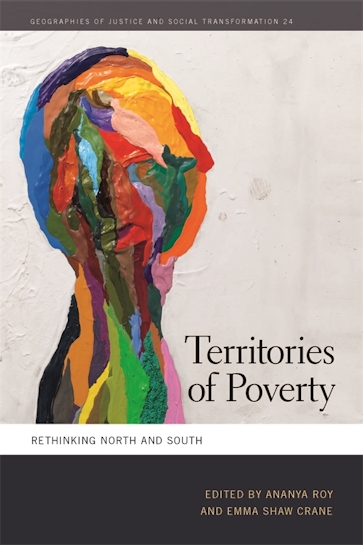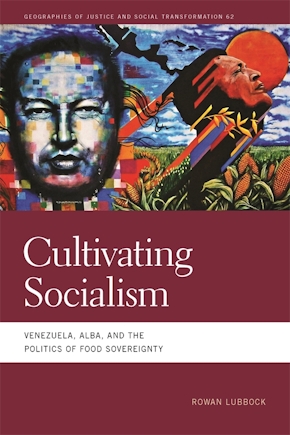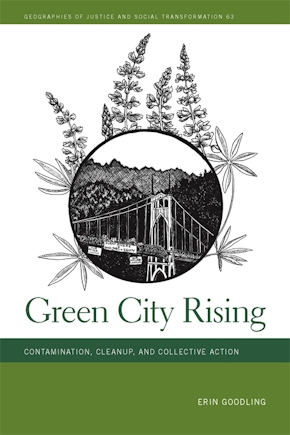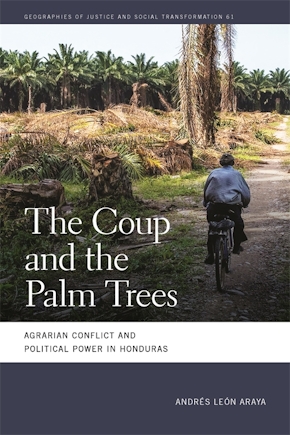Territories of Poverty
Rethinking North and South
Title Details
Pages: 392
Illustrations: 8 b&w photos
Trim size: 6.000in x 9.000in
Formats
Paperback
Pub Date: 11/15/2015
ISBN: 9-780-8203-4843-8
List Price: $36.95
Hardcover
Pub Date: 11/15/2015
ISBN: 9-780-8203-4842-1
List Price: $120.95
eBook
Pub Date: 11/15/2015
ISBN: 9-780-8203-4844-5
List Price: $36.95
Territories of Poverty
Rethinking North and South
Toward a new, transnational agenda of poverty scholarship
Skip to
- Description
- Reviews
- Contributors
Territories of Poverty challenges the conventional North-South geographies through which poverty scholarship is organized. Staging theoretical interventions that traverse social histories of the American welfare state and critical ethnographies of international development regimes, these essays confront how poverty is constituted as a problem. In the process, the book analyzes bureaucracies of poverty, poor people’s movements, and global networks of poverty expertise, as well as more intimate modes of poverty action such as volunteerism. From post-Katrina New Orleans to Korean church missions in Africa, this book is fundamentally concerned with how poverty is territorialized.
In contrast to studies concerned with locations of poverty, Territories of Poverty engages with spatial technologies of power, be they community development and counterinsurgency during the American 1960s or the unceasing anticipation of war in Beirut. Within this territorial matrix, contributors uncover dissent, rupture, and mobilization. This book helps us understand the regulation of poverty—whether by globally circulating models of fast policy or vast webs of mobile money or philanthrocapitalist foundations—as multiple terrains of struggle for justice and social transformation.
—Economic Geography
—Space and Polity
—Journal of Planning Education and Research
Jamie Peck
Ananya Roy
Bill Maurer
Rebecca Peters
Christina Gossman
Alyosha Goldstein
Nik Theodore
Erica Kohl-Arenas
Hiba Bou Akar
Stephanie Ullrich
Luis Flores
Anh-Thi Le
Ju Hui Judy Han
Emma Shaw Crane
Vincanne Adams
Stuart Schrader
Loïc Wacquant
Teddy Cruz
Akhil Gupta
Somaya Abdelgany
Michael Katz



